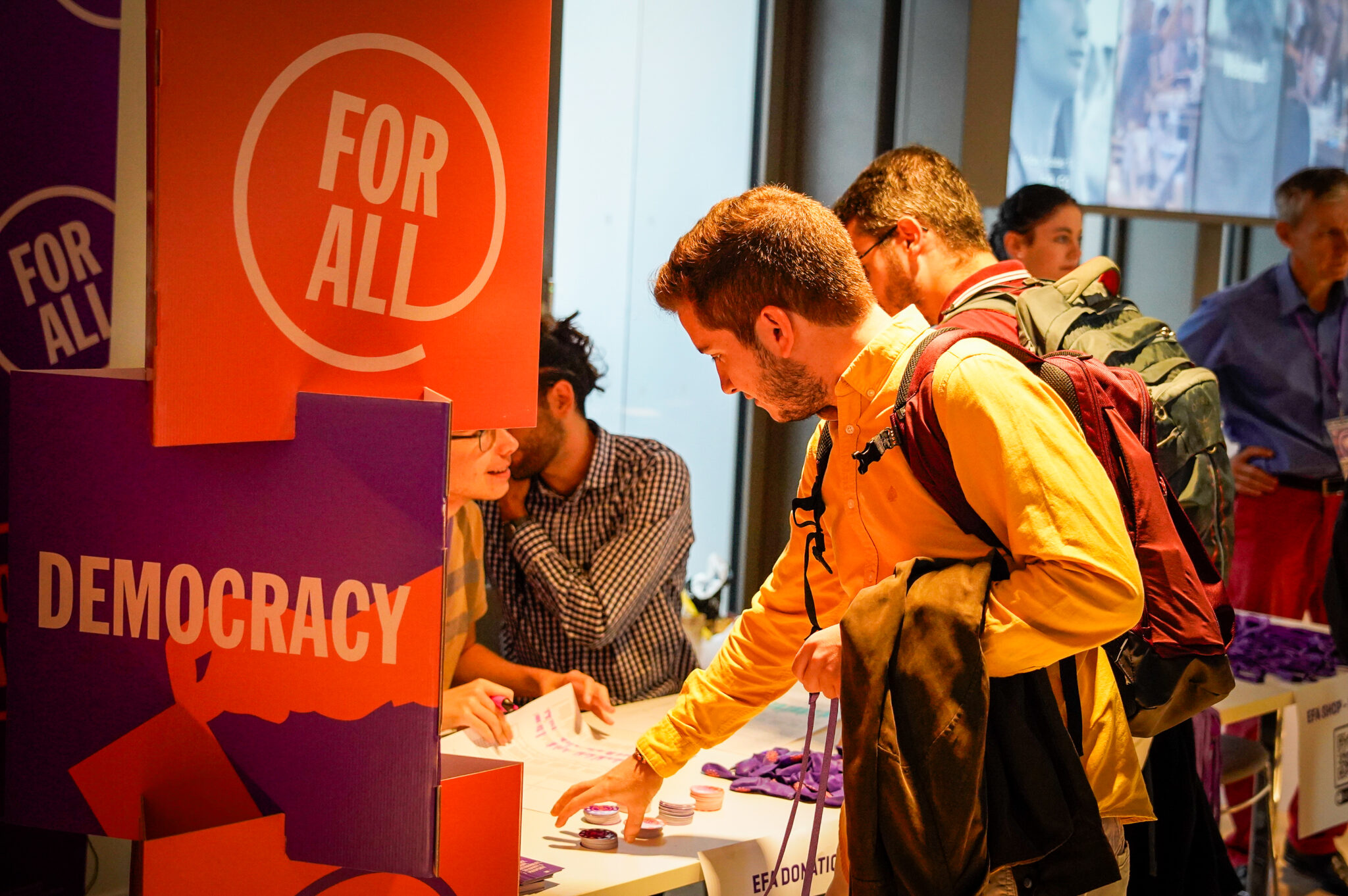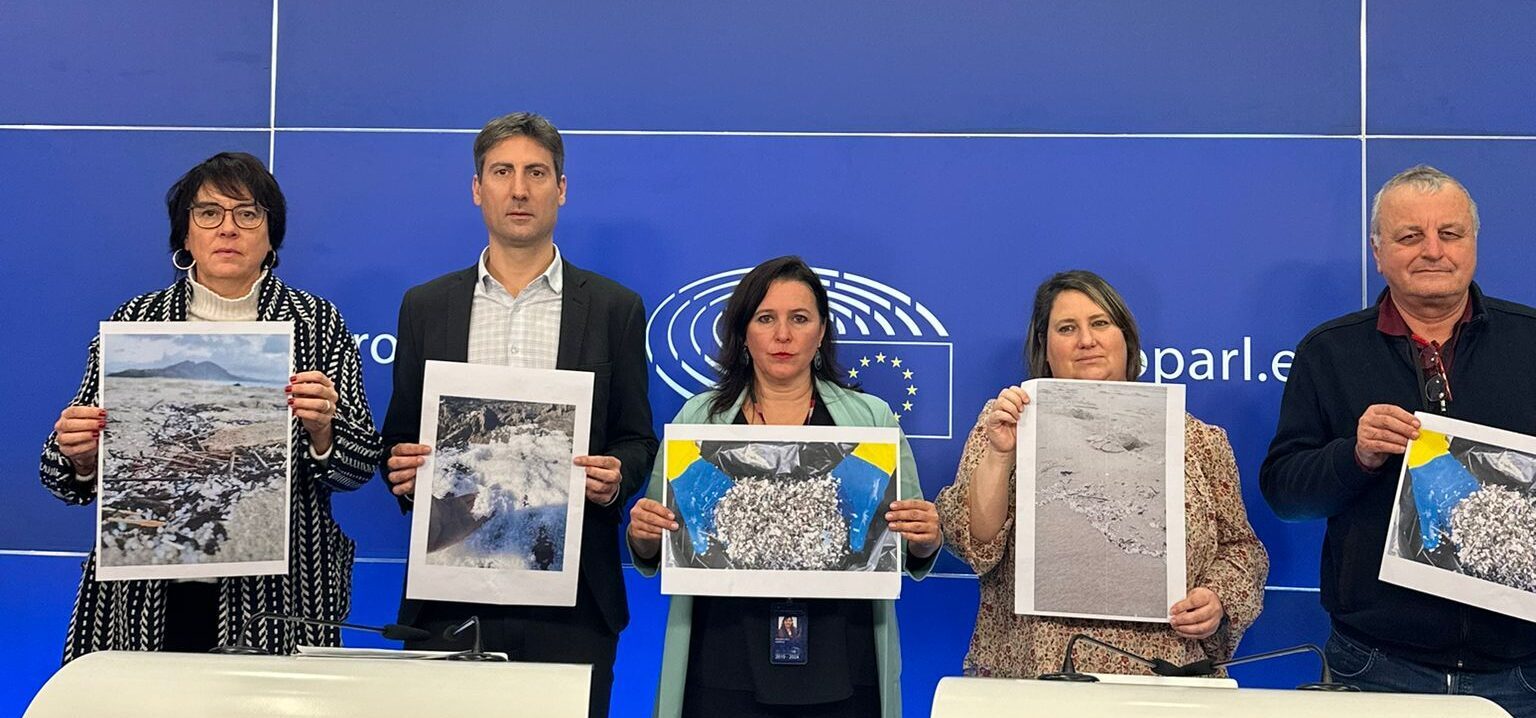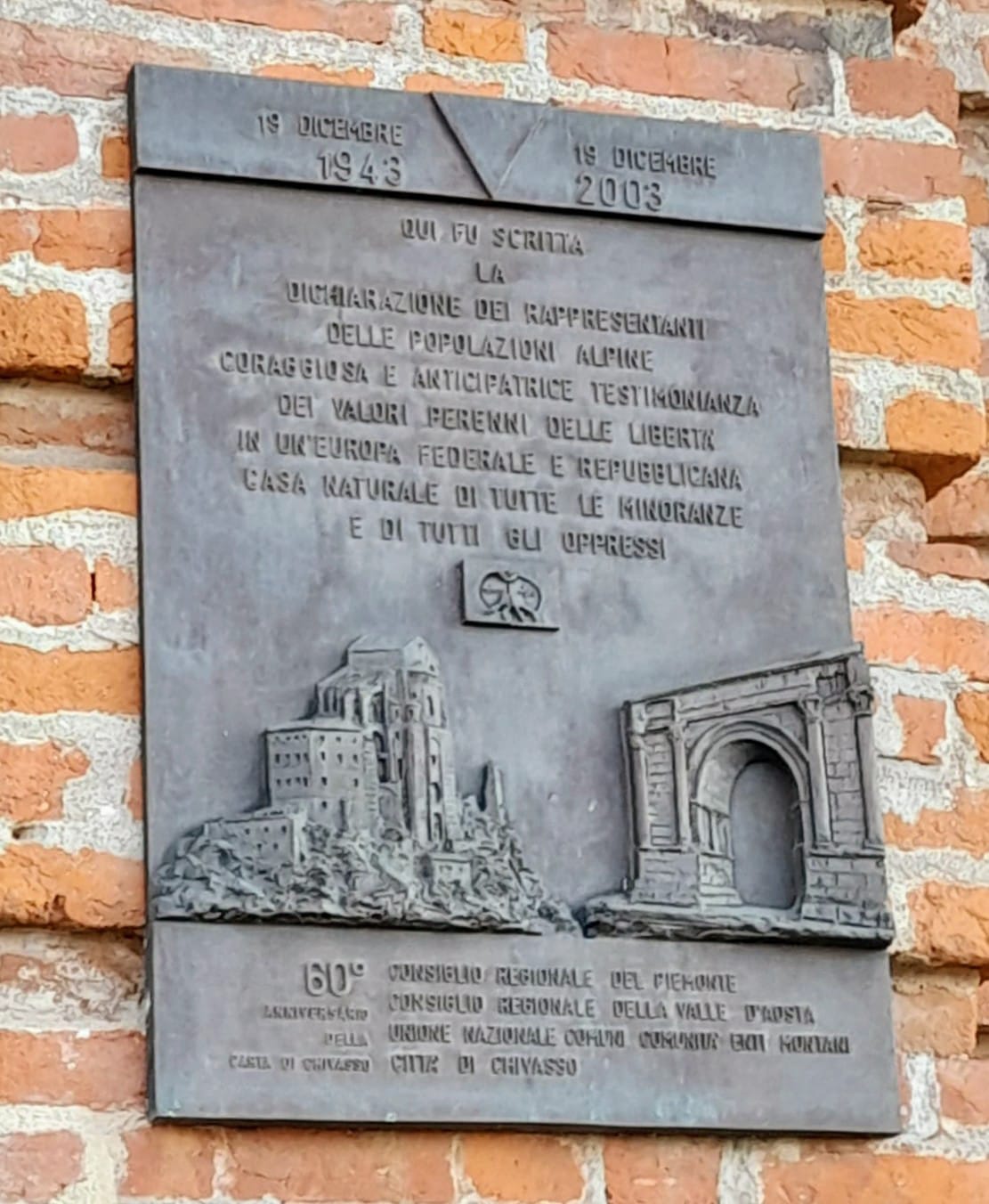Common goods management: an opportunity for local self-governance
The European Free Alliance defends the adoption of innovative methods for local self-governance, in order to contribute to the further development of participatory democracy tools and citizens’ empowerment.
The public management of common goods, such as water, presents an opportunity to strengthen local self-government and enables citizens, NGOs and civic society organisations to have a more active role in the policy-making process, thus implementing the right to self-determination at local and regional level.
That is why the European Free Alliance organised a seminar on common goods and water management in Komárom/Komárno (Slovakia) on 24 September, in the frame of an EFA Bureau meeting and a meeting with representatives from EFA parties in Central Europe.
“As we see with the case of water, common goods management gives cities the chance of establishing a very local self-governance, sometimes a communitarian one, with a resource that has a global relevance”, the President of the Permanent Observatory on Common Goods, Participatory Democracy and Fundamental Rights of the City of Naples, Dr. Giuseppe Micciarelli, said.
After a referendum, Naples became the first big city in Italy that established water as a common good and refused its privatisation. As a consequence, in the past years local regulations on water management are the result of broad agreements among civic society movements, city councillors and officials.
In this sense, the Permanent Observatory has given voice to civic society and activists through their participation in the body’s board, which is in charge of giving mandatory opinions on all the administrative acts related to common goods, participatory democracy and fundamental rights in the city.
A Slovak activist from the European Water Movement, Stefan Valo, also took part in the seminar in order to explain how he managed to put in practice different projects regarding the recovering of forests in Europe, through a water management system that copes with floodings and droughts.
“Lowering of greenhouse gases emissions will not stop global warming. Let’s look beneath our feet, at the ground we drain everyday by compressing soil and creating man-made slopes. Solar radiation heats up the drained soil quickly, resulting in global warming. By introducing technical solutions, we can easily retain vast volumes of water on the continents”, Valo said.
More information can be found on Stevan Valo’s website.
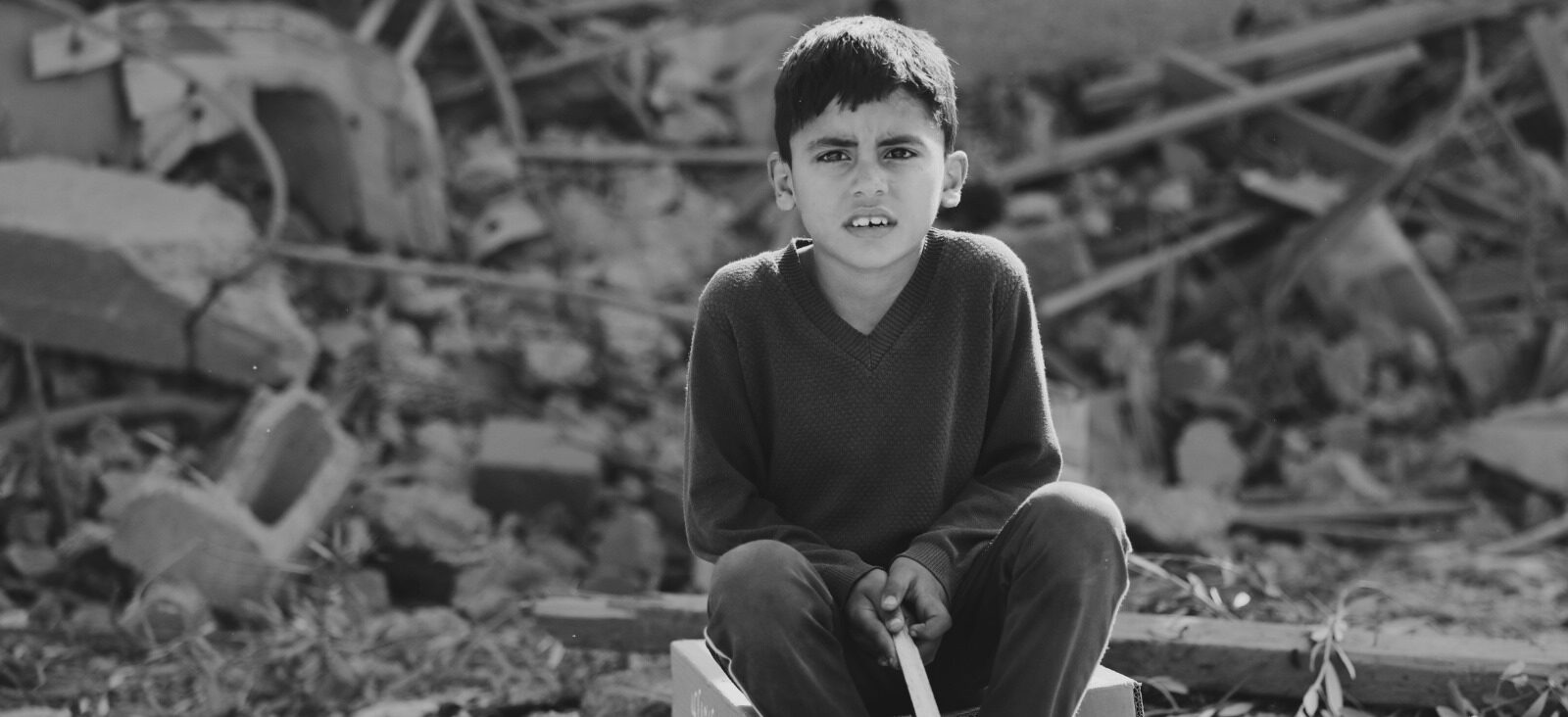

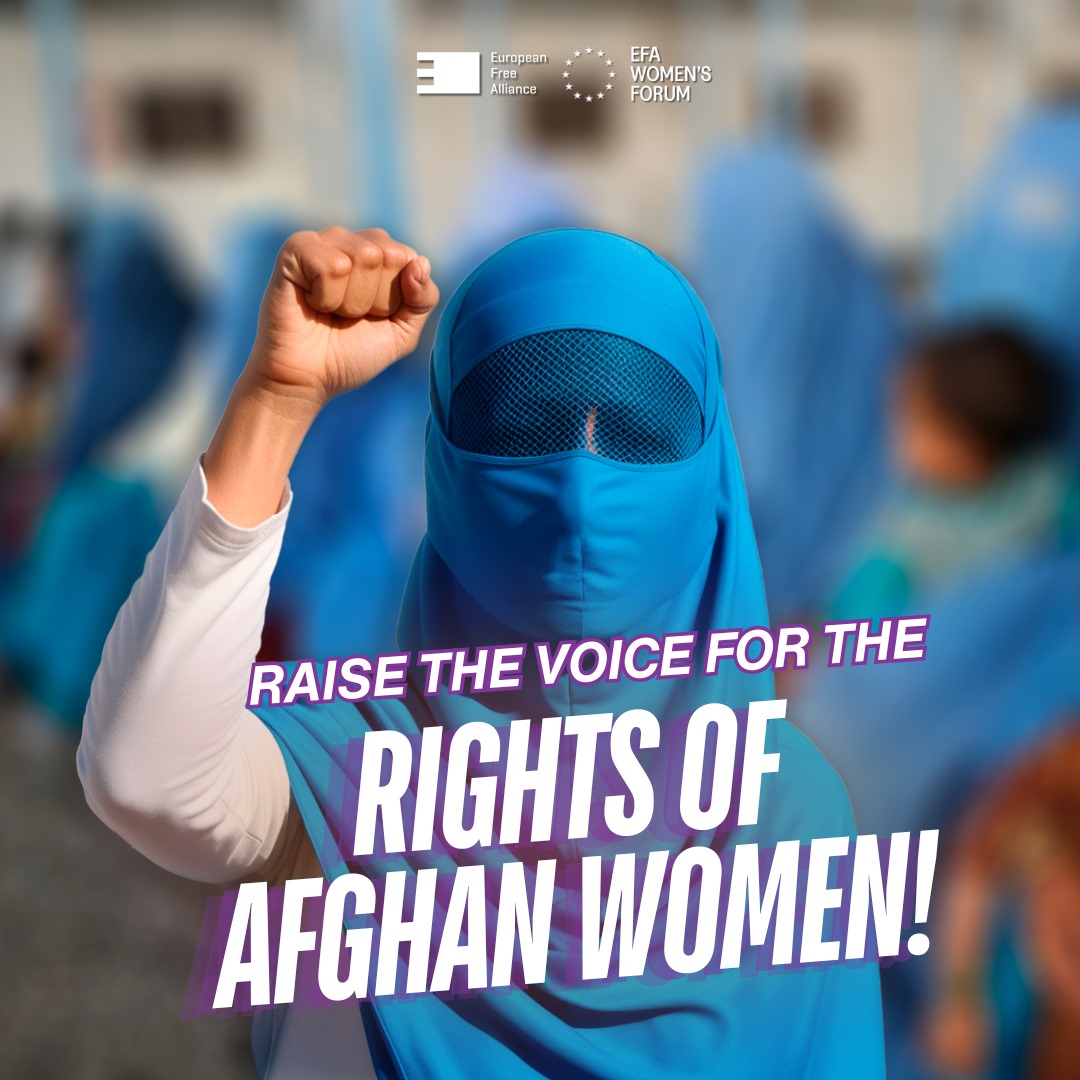
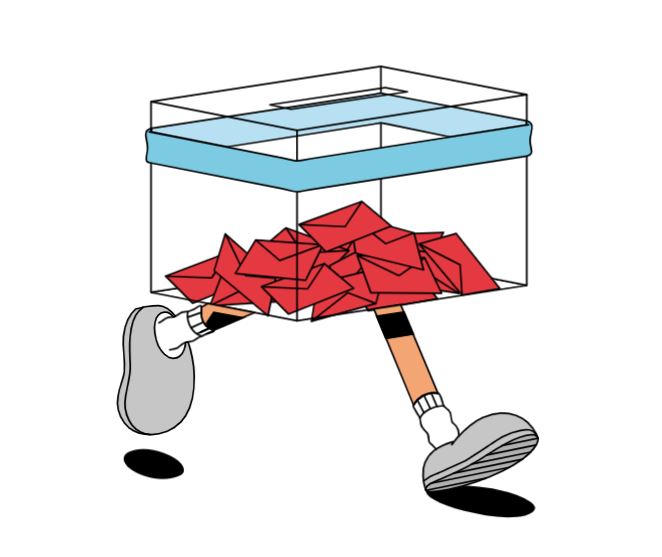
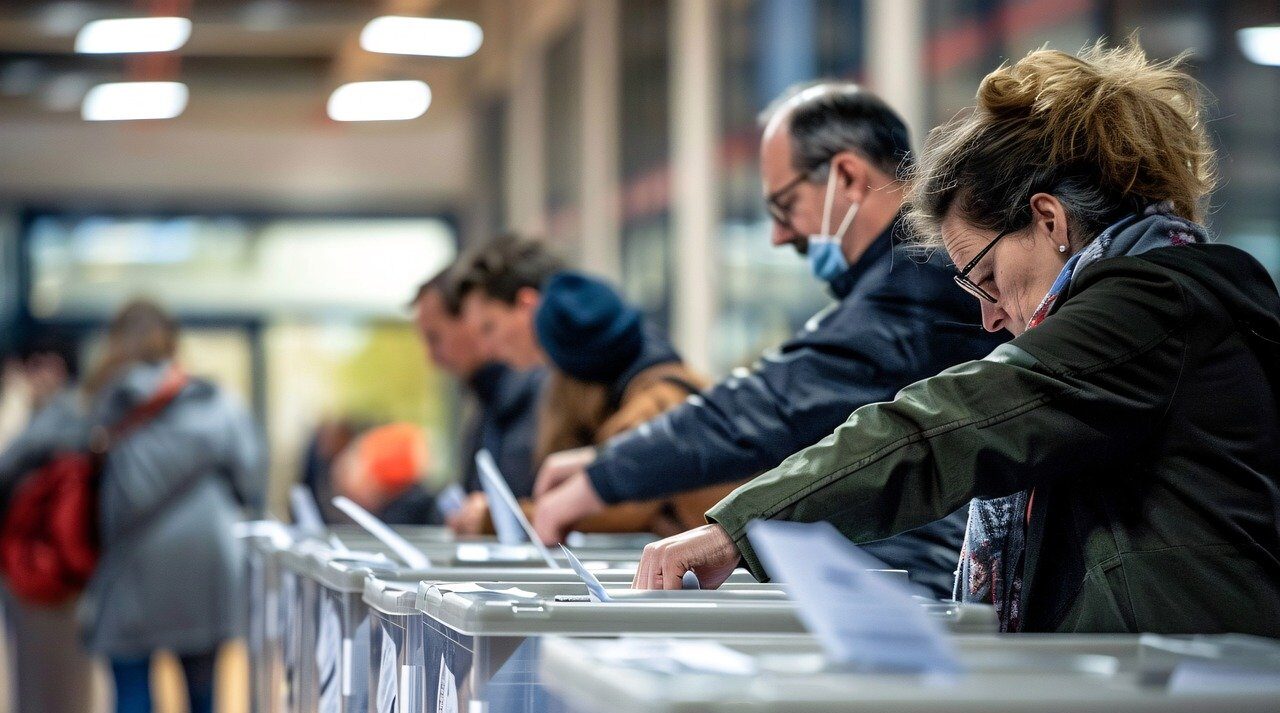
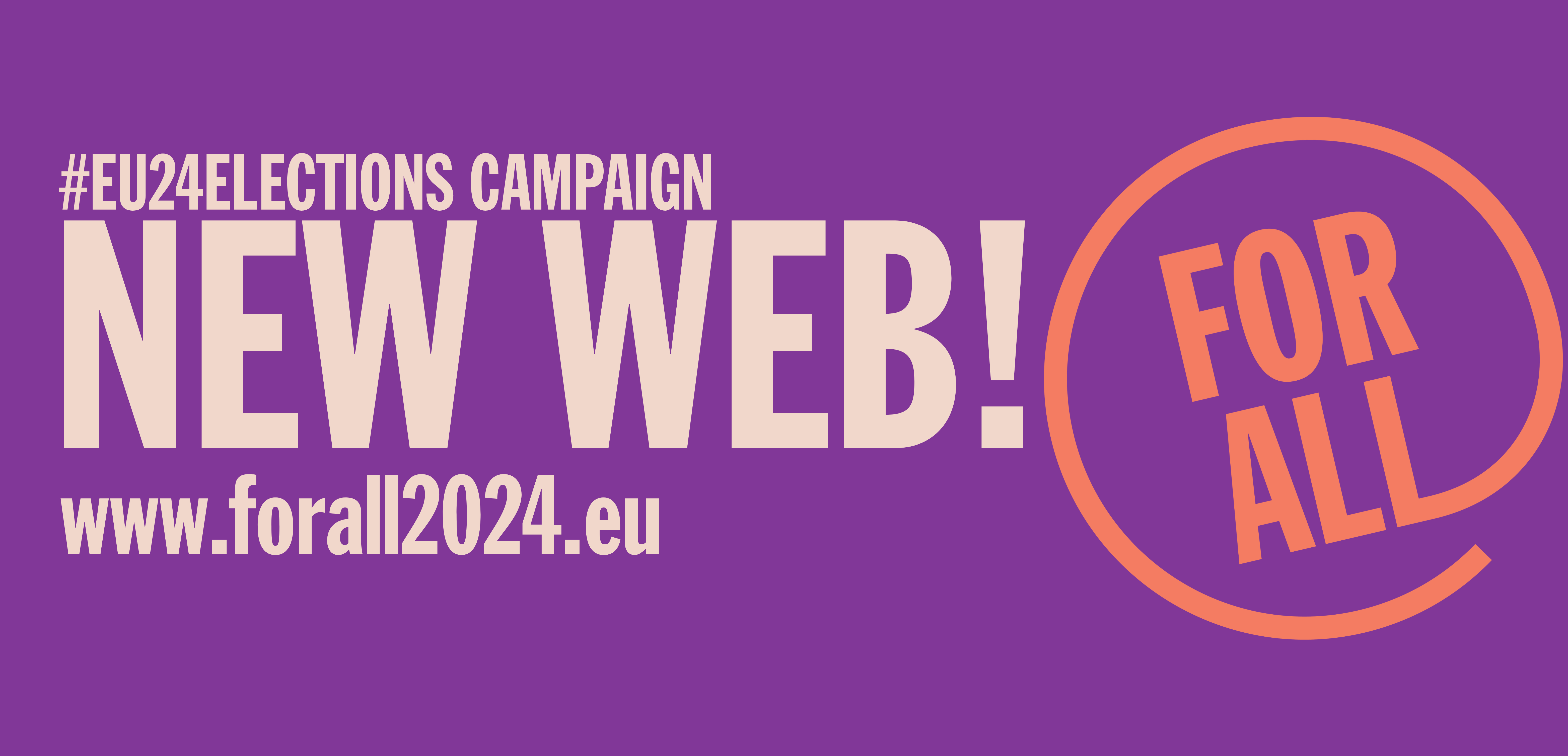

![[UPDATE] EFA expels Latvian Russian Union](https://e-f-a.org/wp-content/uploads/2023/04/blue-gae9f38ab3_1280edited.jpg)
